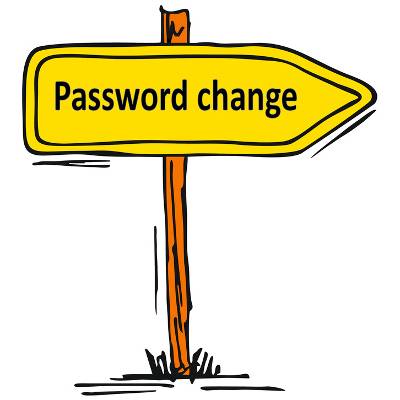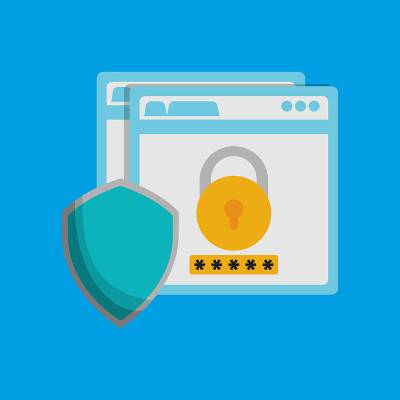Macro Systems Blog
You’ve heard it said that it’s a best security practice to routinely change your passwords. The idea here is that, if a password were stolen, then it would lose its value when the user goes to change it. While this sounds like solid logic, new research shows that it may actually be better NOT to change your passwords.
As technology advances and allows for common pain points to be corrected, many of today’s most well-known entities will adopt new solutions to ease the experience of their customers and clients. Take, for example, eBay. The famous reselling site has been taking steps to install an assortment of new features to improve its customers’ experience.
Passwords are unavoidable these days, whether they’re required to access an online account, or access the devices utilized to open these accounts. While both types of passwords can make for ideal security conditions, this is only the case if the passwords are strong; if your passwords can be accurately guessed by someone else, can you really label it as a security measure? New research from SplashData reveal that passwords are not being considered as much as they should be.
 We see a lot of password-bashing these days, and some people have lost faith in them as a security measure. But, unfortunately, a lot of the blame for this lies in human memory. We just don’t pick passwords that are strong enough. In fact, a mind-numbing one in 20 people still use “password” to keep their information safe.
We see a lot of password-bashing these days, and some people have lost faith in them as a security measure. But, unfortunately, a lot of the blame for this lies in human memory. We just don’t pick passwords that are strong enough. In fact, a mind-numbing one in 20 people still use “password” to keep their information safe.
 April 7th 2014 was a big day for the world, not only because Microsoft ended security support for Windows XP, but because a massive security flaw was found in the OpenSSL cryptographic library. This problem, called the Heartbleed bug, was found by Google Security, and it leaks information from any applications and services utilizing OpenSSL. The problem, however, is not that it was found; the problem is that over two-thirds of the entire Internet contains sites that utilize the OpenSSL/TLS protocol specification. It also doesn't help that this bug has been active since December of 2012.
April 7th 2014 was a big day for the world, not only because Microsoft ended security support for Windows XP, but because a massive security flaw was found in the OpenSSL cryptographic library. This problem, called the Heartbleed bug, was found by Google Security, and it leaks information from any applications and services utilizing OpenSSL. The problem, however, is not that it was found; the problem is that over two-thirds of the entire Internet contains sites that utilize the OpenSSL/TLS protocol specification. It also doesn't help that this bug has been active since December of 2012.
 All that stands between a hacker and your sensitive information is one puny password. You may think that your password is uncrackable because it has served you well all these years, but the reality of the situation is that an experienced hacker can break almost any password. Here are the most popular methods.
All that stands between a hacker and your sensitive information is one puny password. You may think that your password is uncrackable because it has served you well all these years, but the reality of the situation is that an experienced hacker can break almost any password. Here are the most popular methods.
 It's a network security best practice to regularly switch out old passwords for new ones. However, if you're the one changing and distributing the new passwords, you may face resistance from office workers that see this mandate as an inconvenience. To make sure everyone is onboard, you will need to preach the importance of password security.
It's a network security best practice to regularly switch out old passwords for new ones. However, if you're the one changing and distributing the new passwords, you may face resistance from office workers that see this mandate as an inconvenience. To make sure everyone is onboard, you will need to preach the importance of password security.
 Your identity has quite a lot of value, especially in the wrong hands. Security firm ZoneAlarm put together some numbers in 2011 concerning identity fraud, and it even shocked us. Let's talk about a few of these statistics and what it means.
Your identity has quite a lot of value, especially in the wrong hands. Security firm ZoneAlarm put together some numbers in 2011 concerning identity fraud, and it even shocked us. Let's talk about a few of these statistics and what it means.
 Security is important for much more than just the Internet. It’s an integral part of organized society, to the point where there are several layers of security for public transportation, airports, and so much more. The only problem is that properly taking advantage of security is only as effective as how well your employees adhere to corporate policy.
Security is important for much more than just the Internet. It’s an integral part of organized society, to the point where there are several layers of security for public transportation, airports, and so much more. The only problem is that properly taking advantage of security is only as effective as how well your employees adhere to corporate policy.









